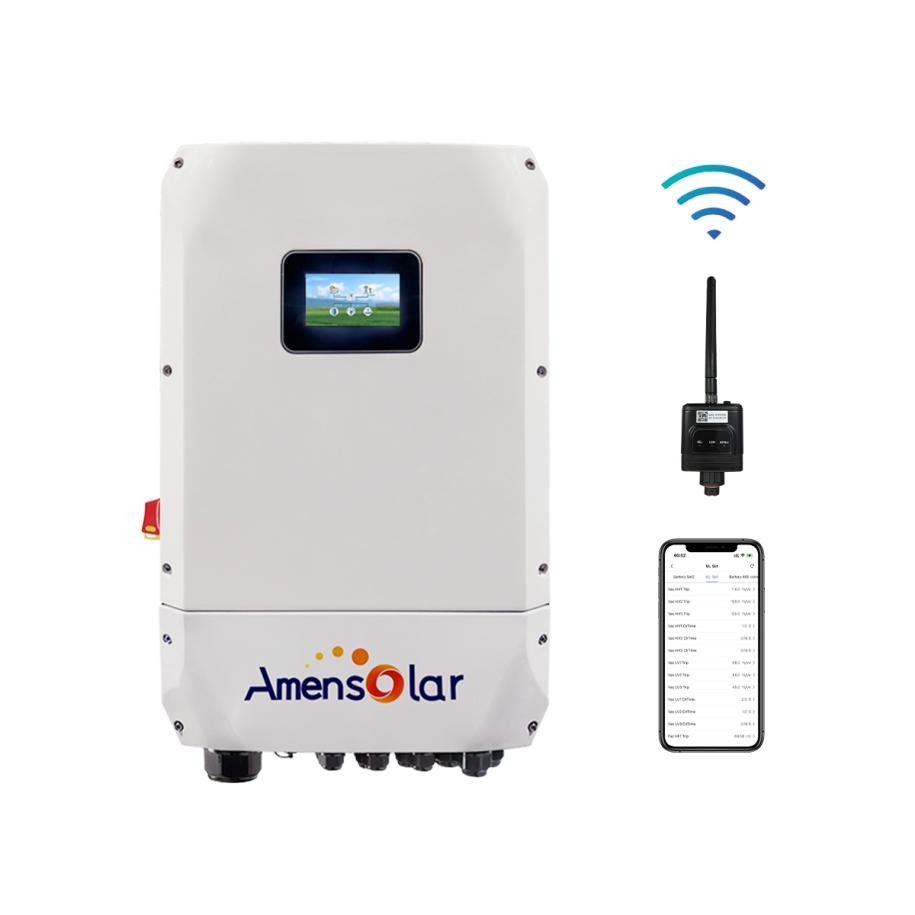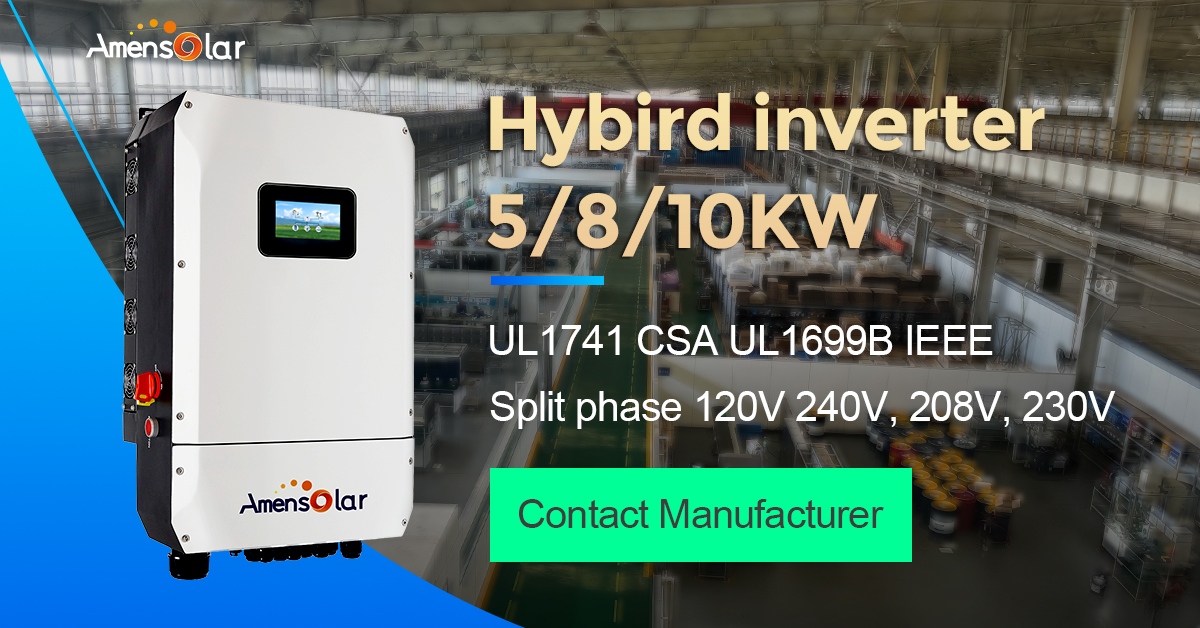When buying an inverter, whether for solar energy systems or other applications like backup power, there are several key factors to consider to ensure you choose the right one for your needs:
1.Power Rating (Wattage):
Determine the wattage or power rating you need based on the devices or appliances you plan to run off the inverter. Consider both continuous power (typically listed as watts) and peak/surge power (for devices that require a higher initial surge of power to start).
2:Type of Inverter:
Modified Sine Wave vs. Pure Sine Wave: Pure sine wave inverters provide power that is equivalent to utility-supplied electricity, making them suitable for sensitive electronics and appliances. Modified sine wave inverters are more affordable but may not be suitable for all appliances.

Grid-Tied vs. Off-Grid vs. Hybrid: Determine whether you need an inverter for grid-tied solar systems, off-grid systems (standalone), or hybrid systems that can work with both.


3.Efficiency:
Look for inverters with high efficiency ratings, as this will minimize energy loss during the conversion process.

4.Voltage Compatibility:
Ensure the inverter's input voltage matches your battery bank (for off-grid systems) or grid voltage (for grid-tied systems). Also, check the output voltage compatibility with your appliances.

5.Features and Protection:
Built-in Protection: Overload protection, over-temperature protection, low voltage alarm/shutdown, and short circuit protection are essential for the safety and longevity of your inverter and connected devices.
Monitoring and Display: Some inverters offer monitoring capabilities such as LCD displays or mobile app connectivity for tracking energy production and system performance.

6.Size and Installation:
Consider the physical size and installation requirements of the inverter, especially if space is limited or if you're integrating it into an existing system.
7.Brand Reputation and Support:
Choose reputable brands known for quality and reliability. Check reviews and customer feedback to gauge the brand's reputation.

Consider the availability of local support, warranty terms, and customer service responsiveness.
8.Budget:
Determine your budget and look for inverters that offer the best value within your price range. Avoid compromising on essential features or quality to save costs in the short term.
9.Future Expansion:
If planning a solar system, consider whether the inverter supports future expansion or integration with energy storage (battery backup).

Post time: Jul-12-2024








